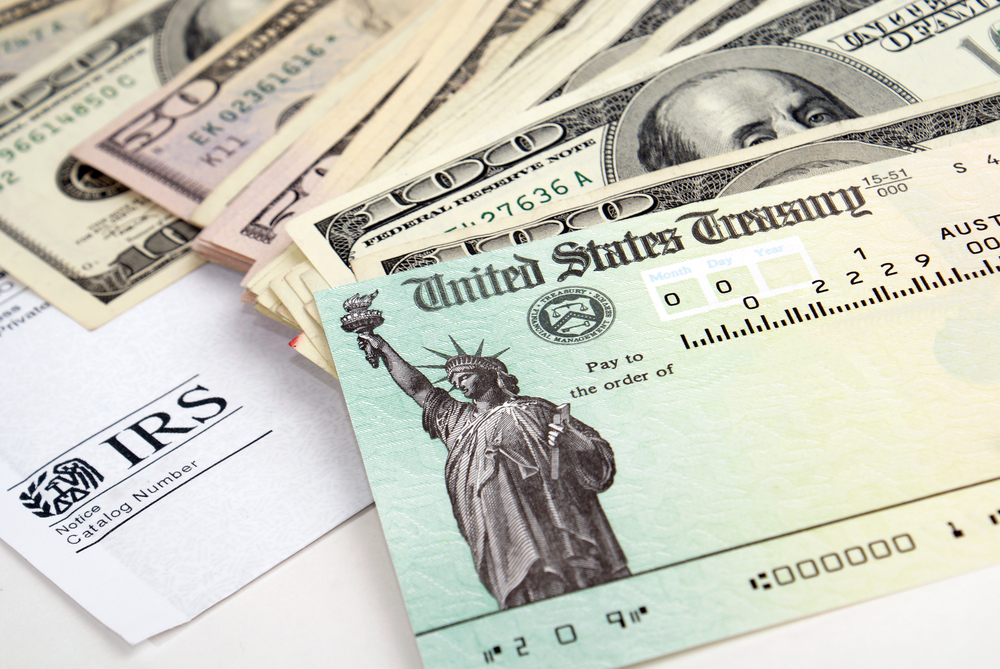I’ve been working in the cannabis industry[1] for six years. When I got in the industry, very few accountants would touch it, because even though a certain state made it legal, the federal government considers it illegal. There was an irrational fear of those in this industry that they would lose their license to practice, if they “aided and abetted” a federal drug dealer. Not to mention, the challenges of Section 280E, which took me tons of reading and studying to find a way around this outdated law. How I got into cannabis was that when I was getting my Master’s in Taxation, I had to write a Master’s Thesis.
I like to take an seemingly impossible tax situation, and find a way around it. I wrote a 50 page Thesis, and received a phone call from my professor, who told me to put my plan into action. So, I did. Six years later of the 6,000 clients I have 16% – 20% are in cannabis. Today, because I have become extremely well connected in cannabis, and have made a name for myself in the industry, I get at least one or two requests from professionals each day asking me for help getting into the industry.
Today the cannabis industry is a $6 billion industry. In ten years it is projected that cannabis will be a $1 trillion industry. In my home state of Florida, cannabis became legal last year, however the state, as it legislated the laws surrounding cannabis drastically restricted the amount of licenses that it would issue, cutting my potential client base to almost nothing.
I have at least one, if not several clients in every state where cannabis is legal. Even though Tax Court, and the Federal Appealet Court has created ways around Section 280E, some states don’t allow the traditional approach to avoiding Section 280E, which has caused me to spend as much time learning each state’s different cannabis laws laws as it has to keep up with tax changes, and has become time consuming. It has forced me to find other ways around Section 280E in those states, so there is no blanket strategy that works. It depends on the state.
For instance, the famous case of Californians Helping Allieve Medical Problems (CHAMPS), is the classical way of avoiding Section 280E. This case ruled that a cannabis company could have two businesses, one cannabis and one non-cannabis, under one roof. However, in Nevada, if you are a license holder, you can only have that one business, rendering CHAMPs useless. In Nevada, I had to come up with a different plan.
The draw of these professionals that contact me about cannabis, is the money that they perceive they will make in the industry. The money is there, but you have to know your stuff inside and out. This isn’t an industry that you can just know a little about, and think that you will make a ton of money.
Cannabis is, at the very core, a black market business. About 10% of the people that you will deal with in the industry are white collar people. Most, have no business experience, and have no idea what they are getting into. As a professional, you are automatically not trusted, until such a time as you prove yourself, and those in the industry will seek you out.
Because of its roots in the black market, cannabis is a very, dare I say the most nastiest business that I have ever encountered. I explained this to one tax professional asking me for help, and he retorted that he did tax resolution, so he understood. I have done tax resolution for 19 years, and it is a nasty business, but doesn’t come close to cannabis. In cannabis, most of the owners of the businesses have guns, and they will mention that to you several times, as if to send a message. If you BS them at all, or have no idea what you are talking about, you will be eaten alive.
Where the money is made in this business, is finding solutions for these businesses, and charging a retainer for it. For instance, every single one of my client’s money is banked. This is unheard of and most of those in cannabis are cash only. However, when I went into this business, I found a banking solution, lawyers, financing, investors, you name it, that won’t take advantage of my clients by charging three to four times what something really costs.
When we are engaged, we charge a fee, plus reimbursement for all travel expenses, to find these solutions, and to set up these locations, in the most tax advantageous way. The ways around Section 280E, are specific, and you have to make sure ther business is set up right, because one simple mistake can blown up in your face.
For instance, in a state where cannabis is recreational, and your client is a dispensary, you need to find every way possible to increase cost of goods sold (COGS), to make a majority of the expenses deductible. One example, would be to take 25% of a dispensary’s floor space, close it off, and house inventory. Then you make the owner the inventory manager, All they do is handle inventory. That makes 25% of the rent, utilities and the owner’s salary deductible. In some states, it is common for a supplier to give a large discount to dispensaries that order in bulk. The problem that the dispensaries have is that they don’t have the room to store the excess inventory, so starting a management company, off site to hold the excess, and paying the company a fee to store the cannabis, is part of COGS, and is not a Section 280E business.
However, one false move by the owner, or the fact that the companies aren’t set up right and end up comingled, could render your plan worthless, and it would be found that since the rules weren’t followed the IRS will disallow the expenses. So, you have to stay on top of these clients, and make several trips to the business location to make sure the rules are being followed. All of these trips, we are reimbursed for. Will everyone be reimbursed, no. The reason we are is that when you have saved the person that referred this client to you hundreds of thousands of dollars in taxes, what you are charging is nothing.
In an attempt to thwart all of these emails from professionals about cannabis, I have no interest in showing you the ropes, and then you coming in and cutting my throat on fees. We are competitors. I didn’t have anyone that helped me when I got into this. I read and still read a ton, and the rest I learned on the job.
I don’t mean to sound crass, and I have been known to call a tax professional when they really need help. However, cannabis is something that I don’t wish to share with anyone.
[1] Cannabis is a term that refers to the entire marijuana plant
Thanks for reading CPA Practice Advisor!
Subscribe Already registered? Log In
Need more information? Read the FAQs
Tags: Income Taxes, Legislation



